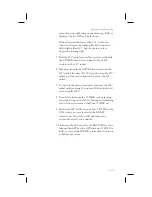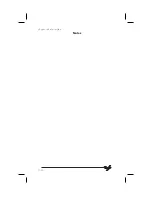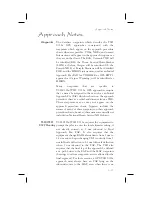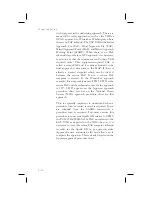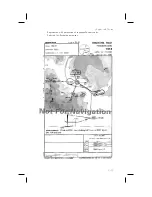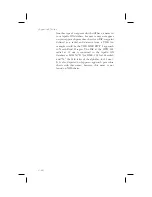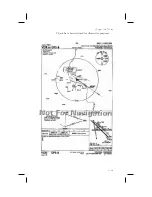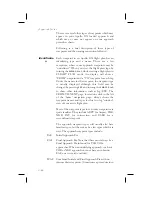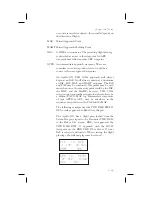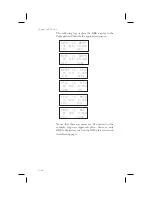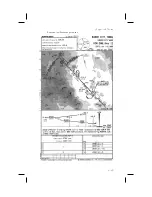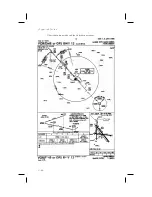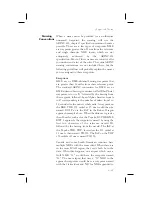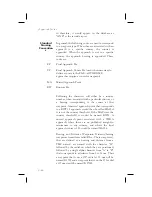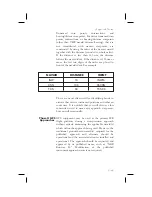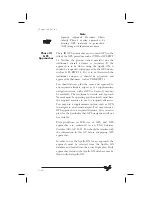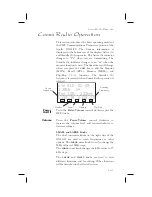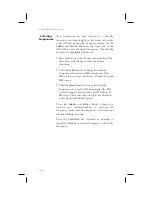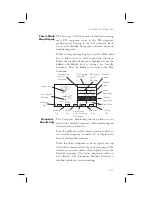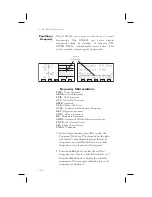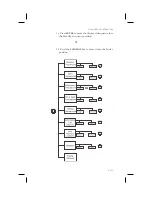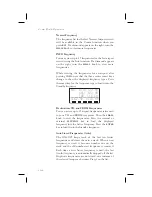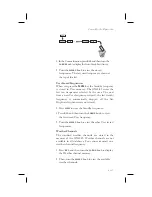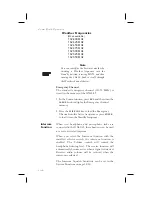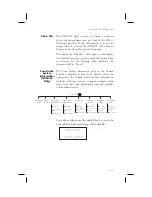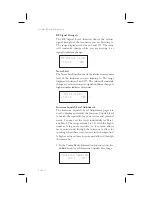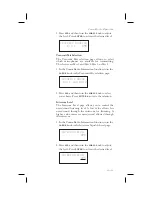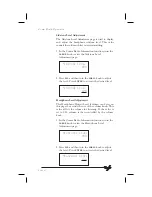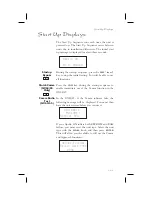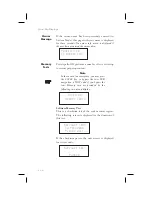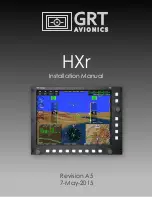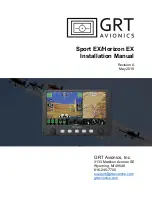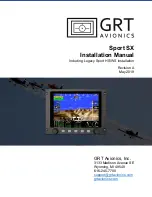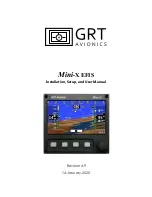
Unnamed
turn
points,
intersections,
and
bearing/distance waypoints: Idents for unnamed turn
points, intersections, or bearing/distance waypoints
(other than VHF navaid distance/bearing), that are
not
coincidental
with
named
waypoints,
are
constructed by using the ident of the nearest navaid
together with the distance (rounded to whole miles).
If the distance is less than 100 nm, the distance
follows the navaid ident. If the distance is 100 nm or
more, the last two digits of the miles are placed in
front of the navaid ident. For example:
NAVAID
DISTANCE
IDENT
INW
18
INW18
CSN
106
06CSN
TCS
89
TCS89
These are most often used for identifying bends in
airways that occur at unnamed positions and other en
route uses. It is unlikely that you will often see this
convention used to name any approach waypoints,
but you will occasionally.
Phase II GPS
Approaches
GPS equipment may be used as the primary IFR
flight guidance during a non-precision approach
without actively monitoring the applicable navaid(s)
which define the approach being used. However, the
traditional ground-based navaid(s) required for the
published
approach
and
alternate
should
be
operational and the associated avionics installed and
operational. The approach should be requested and
approved by its published name, such as “NDB
Runway
24.”
Modification
of
the
published
instrument approach name is not required.
9-89
Approach Notes
Summary of Contents for APOLLO GX60
Page 1: ......
Page 194: ...9 4 Approach Basics GX50 60 ...
Page 232: ...9 42 Approach Examples ...
Page 240: ...9 50 Approach Examples ...
Page 245: ...9 55 Approach Examples ...
Page 266: ...Notes 9 76 Approach Examples ...
Page 271: ...Charts have been reduced for illustrative purposes 9 81 Approach Notes ...
Page 275: ...Reduced for illustrative purposes 9 85 Approach Notes ...
Page 276: ...Charts have been reduced for illustrative purposes 9 86 Approach Notes ...
Page 326: ...Notes 15 12 Glossary ...
Page 335: ......

